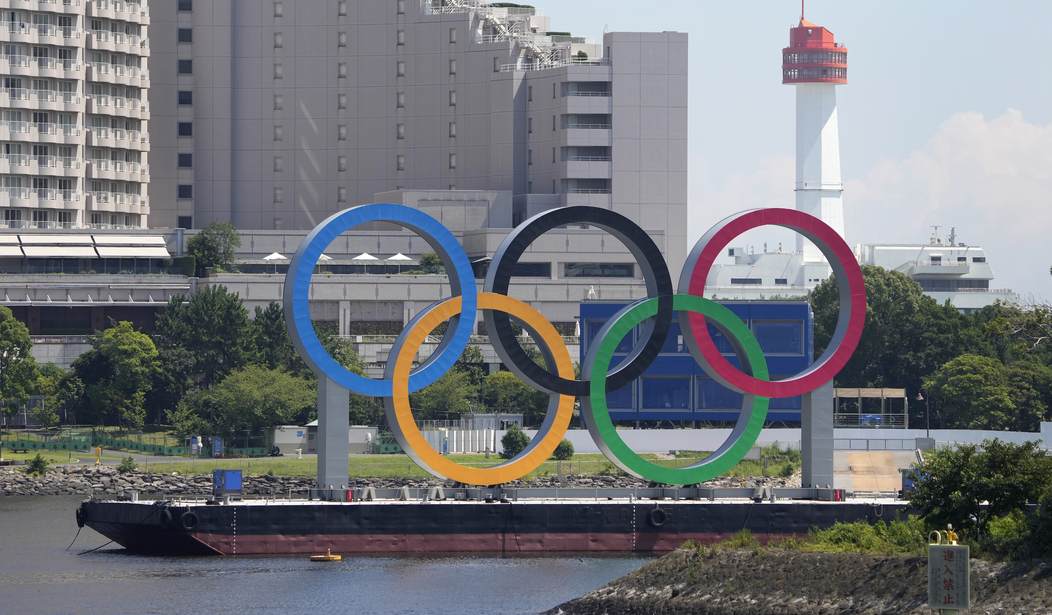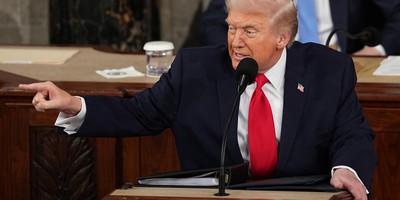It's just the start of the Olympic Games in Tokyo, but already viewers have seen more than their fair share of protests. Those watching can get ready to see more, too, since it appears the International Olympic Committee (IOC) reversed its stance on prohibiting such protests under Olympic Charter Rule 50.
Not only will protests be allowed, but they'll be showcased. As Graham Dunbar reported for the Associated Press:
“The IOC is covering the Games on its owned and operated platforms and such moments will be included as well,” the Olympic body said Thursday in an apparent change of policy.
The IOC said hundreds of millions of viewers could have seen the footage watching networks that have official broadcast rights and “can use it as they deem fit.”
If this story sounds familiar, it's because just a few weeks ago it was reported that the IOC had changed their rules regarding athlete protests.
As Andrew Keh wrote for The New York Times on July 2:
Under the new rules, athletes competing this month at the Summer Games in Tokyo now will theoretically be allowed to wear an article of clothing (a shirt with a slogan or a glove, for example) or make a symbolic gesture (like kneeling or raising a fist) to express their views on an issue before the start of their events.
They still will not be allowed to conduct any sort of demonstration on the field of play, on the podium during medal ceremonies, in the Olympic athletes’ village or at the opening and closing ceremonies of the Games.
It was a small but symbolically significant concession, softening the I.O.C.’s longstanding rule against protest at the Games, but it fell short of what many athletes, including many from the United States, had called for in recent months.
Recommended
It appears as if the question was over whether such footage could be used. For instance, Dunbar referenced teams kneeling on Wednesday for soccer games, going on to write:
Those images were excluded from the official Tokyo Olympic highlights package provided by the IOC to media including The Associated Press that could not broadcast the games live.
Official Olympic social media channels also did not include pictures of the athlete activism.
One of those teams from Wednesday included the U.S. women's soccer team, with the players taking a knee. As Julio reported, they went on to lose to Sweden.
Players can still be disciplined for protesting at the podium and sports governing bodies also still have a veto.
























Join the conversation as a VIP Member